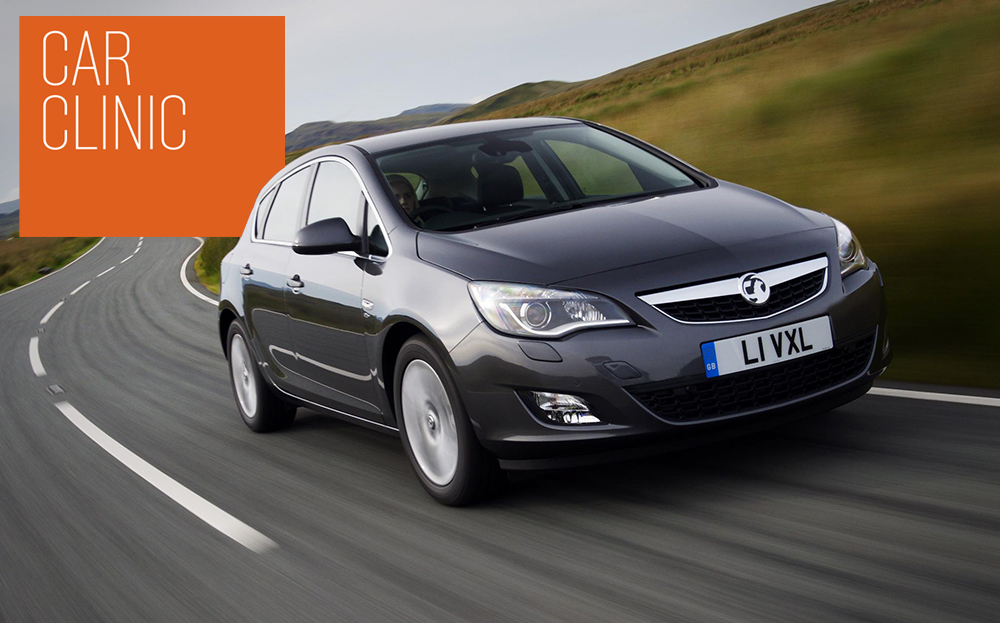What is an “Error 174” message displayed in my five-year-old Vauxhall Astra?
Your motoring problems solved

Q. Can you tell me what my five-year-old Vauxhall Astra means when it displays an “Error 174” message? My garage’s response was to charge the battery. When pressed, it said if the message came back I should ignore it.
IR, via email
A. Error 174 indicates low battery voltage. This is not terribly helpful of Vauxhall — a warning is a bit pointless if you don’t know what it means — but under most circumstances you don’t need to worry. The code is simply the result of the increasingly complicated systems being built into modern cars.
Traditionally the alternator simply measured the battery voltage and, if it was found wanting, fed a charging current into it — typically at 14V. This would mean burning a little extra fuel.
Search for and buy your next car on driving.co.uk
Today, with car manufacturers chasing every possible mile per gallon, a “smart” alternator takes account of battery temperature when deciding the voltage at which to charge.
This is because a warm battery performs better than a cold battery, so unless it’s very cold, about 13V may be all that’s needed. Why waste fuel to charge the battery at 14V if it’s not necessary?
As a consequence the battery is often operating with less of a margin for error. Two examples illustrate this. If you drive home on a hot afternoon, say, when 13V is more than adequate, but then the following morning it’s chilly, the alternator may decide the battery voltage is too low for comfort and display the low-battery warning.
Or if you sit for too long listening to the radio with the engine turned off, the warning message is meant to prompt you to start it up to avoid the risk of a flat battery. The warning will always be displayed early, ensuring you still have enough power to get the engine going.
So the next time an Error 174 message pops up, the engine should start with no problem and the battery will then charge up to the appropriate voltage for the conditions. Just don’t sit there waiting for the travel news to come on the radio or playing with the sat nav before you turn the key.
TIM’LL FIX IT
Tim Shallcross used to train AA patrols to fix cars. Now he advises the Institute of Advanced Motoring – read more from Tim here.
GOT A PROBLEM?
Email your question to carclinic@sunday-times.co.uk or write to Car Clinic, Driving, The Sunday Times, 1 London Bridge Street, London, SE1 9GF, with a daytime phone number,
your address and as much detail about your car as possible. We can’t reply in person, so don’t send original documents or SAEs. Advice is given without legal responsibility.





